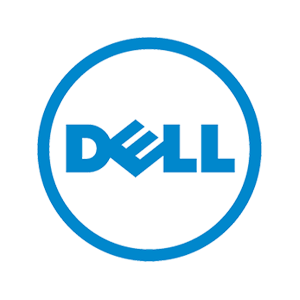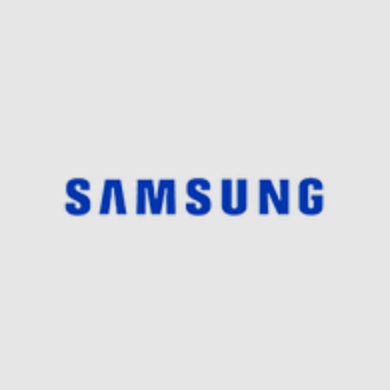In London, they have the Oyster. In Hong Kong, there is the Octopus. In San Francisco, there's no sea creature. With a more generic name, TransLink, which has attempted for the last 15 years to create a unified transit card for the San Francisco Bay Area, has finally started appearing on the Bay Area's heaviest used transport systems. San Francisco Municipal Railway, which carries over 700,000 passengers each day, has installed a TransLink card reader on 80% of its vehicles. Unfortunately, readers have only been switched on, on selected lines, like the Muni Metro, and on random diesel buses. Currently, to travel across the Bay Area region, one must carry several tickets and memorize the various fare structures. TransLink, once implemented, will allow passengers to use one card for several systems. TransLink smart cards are tagged when entering a system and the proper fare is deducted, similar to a debit card. The Octopus Card in Hong Kong is an example that cities should follow when implementing a transit smart card. The Octopus Card is accepted on all Hong Kong transport systems, parking, several shops and supermarkets, and most chain restaurants (including Starbucks and McDonald's). 95% of all Hong Kong residents have an Octopus Card and millions of transactions are processed each day. TransLink's implementation date has been pushed back several times. BART, the suburban rail network, actually removed the TransLink card readers (from the 2002 pilot test) from its stations. BART implemented their own smart card system, the EZRider, since TransLink would not offer bonuses for buying high value tickets (and also because of impatience). Technical problems were also experienced by AC Transit. TransLink anticipates that BART, Muni, and CalTrain will launch TransLink by Spring 2008, years after the original deadline.
Smart Card Gets Confused by San Francisco's Transit Agencies
In London, they have the Oyster. In Hong Kong, there is the Octopus. In San Francisco, there’s no sea creature. With a more generic name, TransLink, which has attempted for the last 15 years to create a unified transit card for the San Francisco Bay Area, has finally started appearing on the Bay Area’s heaviest […]


















